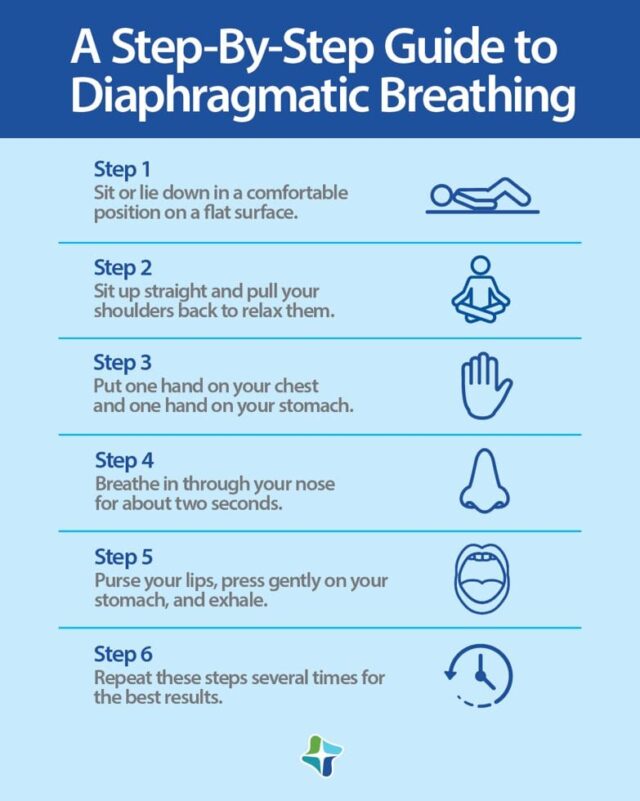Asthma & the elderly
“Asthma is a condition in which your airways narrow and swell and may produce extra mucus. This can make breathing difficult and trigger coughing, a whistling sound (wheezing) when you breathe out and shortness of breath.” says Director of Nursing at English Nursing Care, Fiona Eccles.
Whilst asthma is often considered a disease of younger people, the high prevalence of asthma in the community indicates that many older people suffer from asthma. Statistics suggest that older people suffer disproportionately from the burden of asthma with the majority of those dying from asthma aged over 55 years. The reasons for this are due to ageing, perceptions of difficulty in breathing and its meaning to older people, difficulties in diagnosis, and the burden of medication and other health conditions which worsen asthmatic symptoms in older age-groups making it a unique and difficult problem to treat for them.
COVID-19 & Asthma
The Coronavirus is a disease that affects the respiratory system, older adults with underlying respiratory illnesses such as Asthma are likely to face a more severe infection as the virus has a negative impact of the lungs. Older adults are more likely to get severely ill from COVID-19. More than 80% of COVID-19 deaths occur in people over age 65. Having such complications compels organisations such as English Nursing Care Sri Lanka to advocate the need for elderly to take the necessary precautions to prevent infection and urge to receive vaccinations.
There may be some hesitancy to receive vaccination due to the side effects observed. Many would question, ‘Are there vaccine side effects people with asthma should be on the lookout for?’ or ‘Should I stop taking my Asthma medication?
Fiona Eccles shares her experience from the UK; in the crisis management protocol it has been observed that to protect oneself from coronavirus infection and to lower your risk of severe symptoms if one does become infected, it’s important for people with asthma, especially elders to get the COVID-19 vaccine when eligible.
Additionally, it is important that patients continue to take their Asthma medication as specified by their Doctor. The reliever inhaler helps with symptoms like breathlessness, coughing or chest tightness that are caused by asthma. They may not help these symptoms if they’re caused by COVID-19. This is because asthma and COVID-19 can cause similar symptoms, but for a different reason. Your inhaler only works against symptoms caused by asthma. If in doubt, follow the provided asthma action plan and use your reliever to treat chest symptoms. If this isn’t working and you are having difficulty breathing, get medical help straight away.

Breathing Exercises
According to the European Respiratory Society (ERS) Asthmatic patients of older age can manage symptoms better through breathing exercises aimed at improving the strength and endurance of the respiratory muscles.
- Breathing during physical movement
The primary goal of this exercise to practise controlled breathing during slow, methodical movement. Elders have an option to walk. For those with physical immobility; slow shoulder rotation is also effective. During this movement, deep inhalations through the nose with the diaphragm expanding, after which exhalation through pursed lips, relaxing the lungs.
- The Papworth Method
One of the most common causes of asthma attacks is breathing through the mouth, which is why it is important for seniors with asthma to focus on breathing through the nose. During this exercise, seniors should lie down in bed or sit in a comfortable chair with their spine as straight as possible. They can then take short breaths through the nose while focusing on the movement of the abdomen instead of the chest. The Papworth method is typically not ideal for those who have severe asthma.
- Buteyko Breathing
Rapid breathing is another common cause of asthma, and it can lead to an asthma attack when an individual is stressed or engaging in a physical activity. Seniors who carry out Buteyko exercises can learn to reduce their breathing rate. In a relaxed position, seniors need to slowly breathe through the nose, inhale a small amount of oxygen, and keep exhaling until they believe their lungs are empty.
Nevertheless, sanitize, wear a mask and refrain from leaving your home if it is not a necessity to protect those with compromised immune systems. For elders living alone, ensure that plans are made if an emergency arises with emergency numbers highlighted. To ease your mind during such times contact English Nursing Sri Lanka – an expert and reliable home nursing service which pledges to take care of your loved ones in the comfort of their home whilst you are living far away. Visit their website www.englishnursing.com or call +94 11 4500117.



